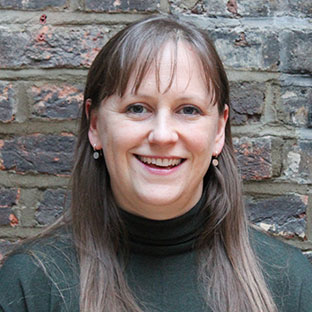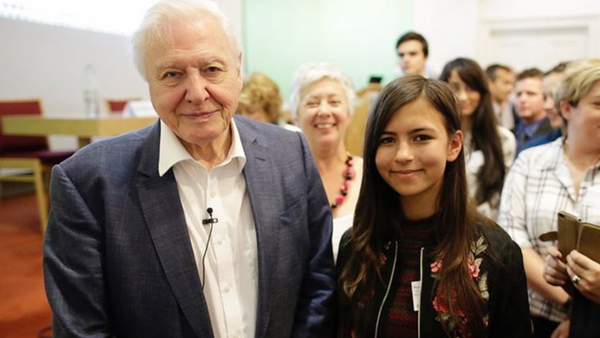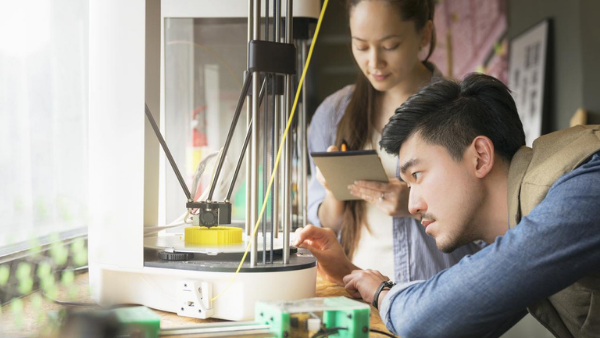Last night I braved the mountain that is the Angel underground escalator (and somewhat of a personal nemesis) to head on to the City University’s ‘Interdisciplinary Centre for Creativity in Professional Practice’ seminar on creative catalysts. Their speaker was an Icelandic artist/architect by the name of Illugi Eysteinsson and his energetic presentation and style of communication made it much more of a two-way conversation than that of the traditional passive observer vs presenter.
But what I wanted to share was some of the key ideas that Illugi proposed about approaches to managing creative community projects gleaned from his 17 years of working in community arts settings.
Illugi advocated four considered steps:
1. ‘a piecemeal approach’ that is to say slowly, slowly, softly, softly. Build confidences, test abilities, find out what people are capable of and start to lead and coax the group.
2. Next ‘de-mystify creativity’. He says that people believe that art is an unreachable thing, something not for them but for other more educated people. By showing that creativity is within everyone the mental barriers start to fall.
3. ‘Validates an individual’s uniqueness’. Appreciate unconditionally whatever a participant does and has to offer. Everyone can make a contribution.
4. Lastly ‘create an environment to express’. This is a challenging one, aim to create a mutual bubble for the group somewhere where is it safe to explore ideas and make ‘mistakes’ and can move from the position of leader to steward.
In real life projects with community groups who by their nature are so diverse, ranging from for example a group of Kurdish women to a group of adults with learning difficulties and their carers, that there is a tangible skill in being able to manage all the external factors present which impact on the project being successful or not. Illugi highlighted that consideration needs to the given to cultural and linguistic differences, the skills and abilities of the group and the expectation and values systems that people hold so that individuals participating can get the most out of the experience as possible.
The point that Illugi made in the case of himself, was that he brings knowledge and passion for architecture, of form, shape and colour – takes this creative process and through this gently explores concepts such as design, construction and scale. Ultimately though it is the creation of the final product (in one case an amazing map of central London made to scale using food created by many different community groups) which is the thing.
The photographs of this food map were truly amazing but what also appeared to have been created were stronger relationships within these groups, a greater confidence, an opportunity to express themselves in ways they had before, and for their families and friends to see them in a different light.
In the Arts and Society team we are developing a new project called ‘Making Culture Work’ that will explore all of the value that is created across a creative project – from all the different people involved be they artists, the participants, the project leads or the commissioners. It will enable artists and non-artists to be clearer about the social outcomes and benefits of their work as well as the creative ones and be able to talk about them confidently. Two fabulous fellows are jointly working with us on this, John Knell and Mandy Barnett, and John will be blogging about Making Culture Work soon, so watch this space…
Related articles
-
Mya-Rose Craig: Featured Fellow Q&A
Mya-Rose Craig
Mya-Rose Craig is a 20-year-old birdwatcher, environmentalist and activist, author and RSA Fellow. Read our conversation with her as part of our Featured Fellow Q&A series.
-
Open call: Creative collaboration and collective imagination research
Hannah Webster Ella Firebrace
Learn more about the UNBOXED: Collective Futures open call; inviting you to submit what you are doing to help shape better futures for people and planet.
-
UNBOXED: The importance of unlocking collective imagination
Joanna Choukeir
Find out about UNBOXED: Creativity in the UK, why its mission is so important, and what you can expect to see.




Be the first to write a comment
Comments
Please login to post a comment or reply
Don't have an account? Click here to register.